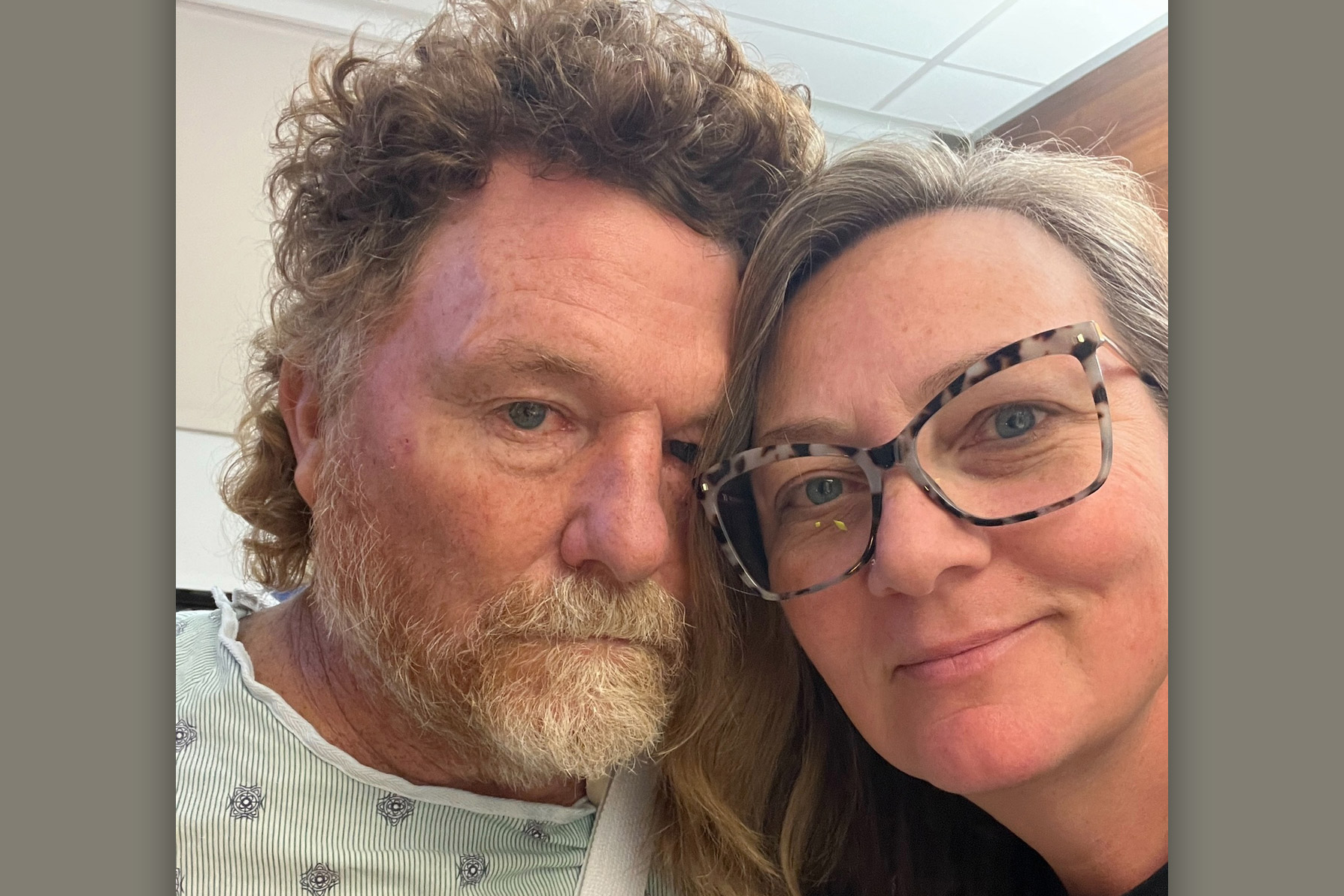Latest California Healthline Stories
In the Fallout From Trump’s Health Funding Cuts, States Face Tough Budget Decisions
The Trump administration has pushed a significant amount of health costs to states, whose budgets may already be strained by declining state tax revenues, a slowdown in pandemic spending, and economic uncertainty. State and local governments now face difficult decisions.
Instead of Selling, Some Rural Hospitals Band Together To Survive
Independent and rural hospitals are collaborating with their neighbors to shore up their finances instead of joining larger health systems to stay afloat.
Researchers Shift Tactics To Tackle Extremism as Public Health Threat
As extremism and radicalization worsen in the United States, a group of researchers is trying out a new approach that addresses the issue as a public health problem.
Investigadores proponen tratar al extremismo como una amenaza para la salud pública
El año pasado, el Southern Poverty Law Center registró 1.371 grupos extremistas y de odio que están activos en todo el país y que fomentan disturbios.
KFF Health News' 'What the Health?': On Capitol Hill, RFK Defends Firings at CDC
Just days after his firing of the brand-new director of the Centers for Disease Control and Prevention, a defiant Robert F. Kennedy Jr., the U.S. secretary of health and human services, defended that action and others before a sometimes skeptical Senate Finance Committee. Criticism of Kennedy’s increasingly anti-vaccine actions came not just from Democrats on […]
Trump Administration Investigates Medicaid Spending on Immigrants in Blue States
The Centers for Medicare & Medicaid Services is hunting for Medicaid waste, fraud, and abuse in at least six Democratic-led states that expanded coverage to low-income and disabled immigrants without legal status, according to records obtained by KFF Health News and The Associated Press.
La administración Trump investiga el gasto de estados demócratas en Medicaid para inmigrantes
Estos estados brindan cobertura médica integral a inmigrantes pobres y con discapacidades que viven en el país sin estatus migratorio permanente.
Cuando los pacientes quedan atrapados en medio de las peleas entre aseguradoras y hospitales
El 18% de los hospitales no federales experimentaron al menos un caso documentado de enfrentamiento público con una aseguradora entre junio de 2021 y mayo de 2025. Lo sufren los pacientes.
When Hospitals and Insurers Fight, Patients Get Caught in the Middle
About 90,000 people spent months in limbo as central Missouri’s major, and often only, provider fought over insurance contracts. Patients getting caught in the crossfire of disputes has become a familiar complication, as about 8% of hospitals have left an insurer network since 2021. Trump administration policies could accelerate the trend.
An Insurer Agreed To Cover Her Surgery. A Politician’s Nudge Got the Bills Paid.
A kindergartner in Missouri needed eye surgery. Her insurer granted approval for her to see a specialist nearby, yet her parents were confused when they still owed more than $13,000. Then her uncle, a former state senator, reached out to a colleague who contacted the hospital and the insurer.









